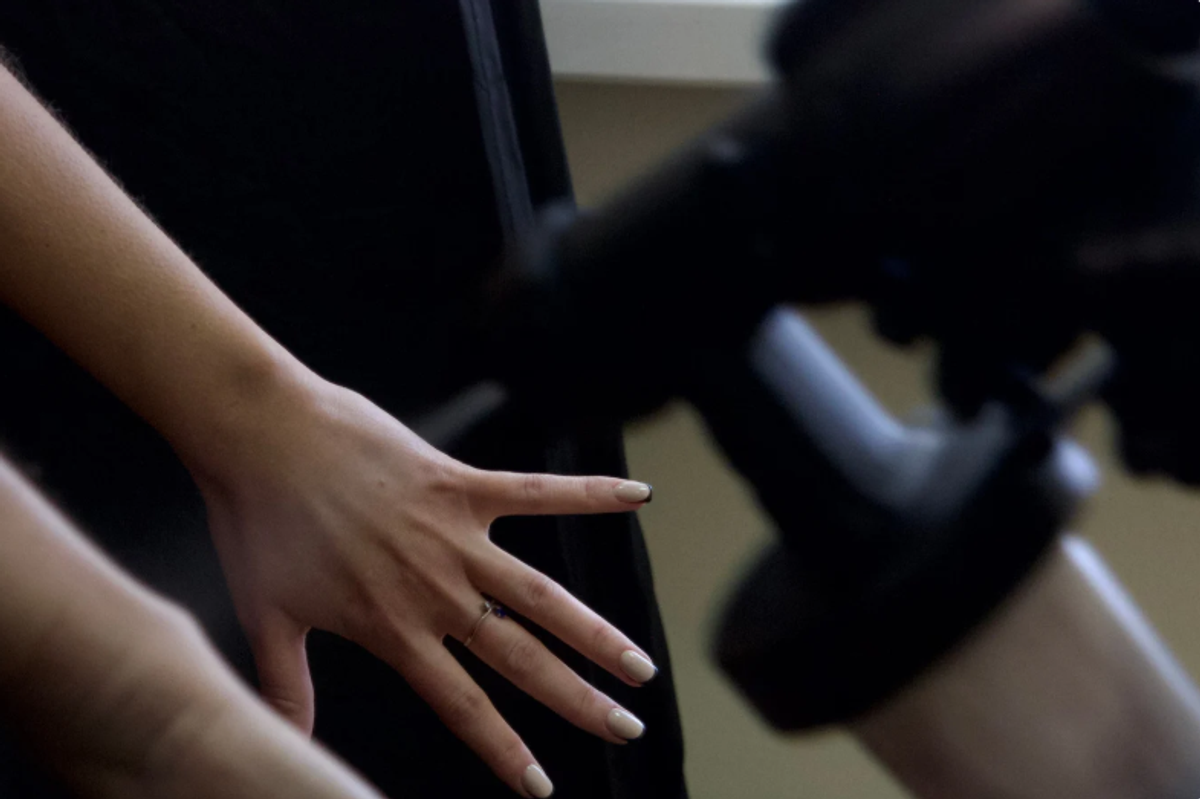Charles Schulz wrote to a young fan about faith in democracy in 1970. It still hits hard.
'Certainly all any of us can do is follow our own conscience and retain faith in our democracy.'

"Peanuts" creator Charles Schulz had some powerful thoughts about democracy.
The U.S. has just voted in the 2022 midterm elections, with millions of Americans participating in one of the great gifts of democracy. Our free and fair elections are foundational to the success of our democratic experiment, but unfortunately, unfounded claims of widespread election fraud have served to shake that foundation to its core and tragically deepen divisions among the American citizenry.
That's one reason a letter written by "Peanuts" comic creator Charles Schulz exactly 52 years ago is resonating with many.
According to KQED, a fifth grade class at a Beverly Hills elementary school had been given an assignment to write a letter to a person they admired and ask them, "What makes a good citizen?" A 10-year-old named Joel Lipton sent his letter to Schulz, and the comic writer responded.
The letter Lipton received from Schulz was dated November 9, 1970, was typed on Schulz's letterhead and included a cartoon of Charlie Brown and Snoopy. The sentiments in the letter may be brief, but they feel just as relevant today as they were back then.
Schulz wrote:
Dear Joel,
I think it is more difficult these days to define what makes a good citizen then [sic] it has ever been before. Certainly all any of us can do is follow our own conscience and retain faith in our democracy. Sometimes it is the very people who cry out the loudest in favor of getting back to what they call ‘American Virtues’ who lack this faith in our country. I believe that our greatest strength lies always in the protection of our smallest minorities.
Sincerely yours,
Charles M. Schulz
Indeed it is difficult to define what makes a "good citizen" these days, as the measures we use for such a judgment are subjective and Americans have a hard time agreeing on what goodness even means. Schulz's advice to follow our consciences and retain faith in our democracy is solid, as it feels as if faith in democracy has taken a beating on all sides of the political spectrum.
His point about those who cry out for "American Virtues" speaks to what life in America was like in 1970—Richard Nixon was president, a backlash to the civil rights reckoning of the 1960s was underway and a new conservative populism lamenting the loss of "traditional values" was rising—but it feels just as true today.
Schulz's comment about protecting minorities was reflective of his own values. The "Peanuts" comic made some social ripples when Franklin, the comic's first Black character, was introduced in 1968. According to NPR, Schulz had been hesitant about creating a Black character as he worried that it might seem condescending, but with some input from Black Americans on how to write the character, he successfully brought Franklin into the "Peanuts" world. Portraying interracial friendship as normal led to protests from Southern segregationists, but Schulz kept writing him into the comic strip.
It's been 52 years since Schulz wrote that letter, and it's remarkable how prescient it feels today. May we all strive to be good citizens by following our consciences, keeping our faith in democracy and always protecting the marginalized minorities among us.
- People love this misshapen Cincinnati Christmas tree because it's so 2020 ›
- People are sharing examples of statues that actually enhance their ... ›
- A young black kid saw this comic in 1968 and burst into tears. The reason why is great. ›
- 17 sights and sounds that only '70s kids will understand - Upworthy ›
- Sophie Grégoire Trudeau on building healthy democracies - Upworthy ›
- Snoopy is real: her name is Bayley and the Internet can't get enough of her - Upworthy ›
- Young people are recreating the iconic 'Peanuts' dance, bringing wholesome joy to all ages - Upworthy ›



 Questions are more effective than facts when it comes to disagreements.
Questions are more effective than facts when it comes to disagreements. Asking people to elaborate leads to more open-mindedness.
Asking people to elaborate leads to more open-mindedness. Curiosity can help people get closer to consensus.
Curiosity can help people get closer to consensus. 
 A woman gets a spray tan applied to her skin.
A woman gets a spray tan applied to her skin.

 The Ocracoke light station.Kari Nousiainen/
The Ocracoke light station.Kari Nousiainen/ The Ocracoke ferry.Kari Nousiainen/
The Ocracoke ferry.Kari Nousiainen/
 A woman reading a book.via
A woman reading a book.via A woman tending to her garden.via
A woman tending to her garden.via